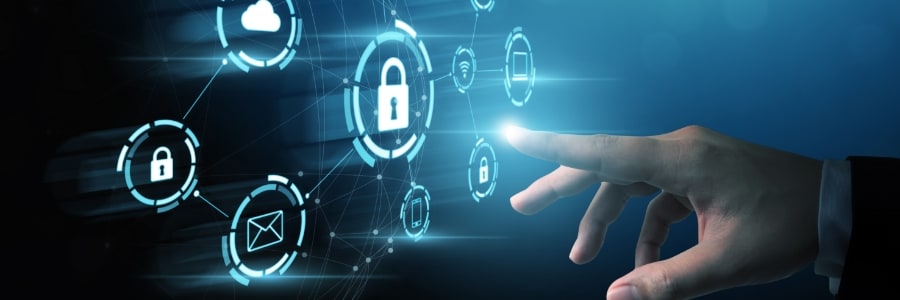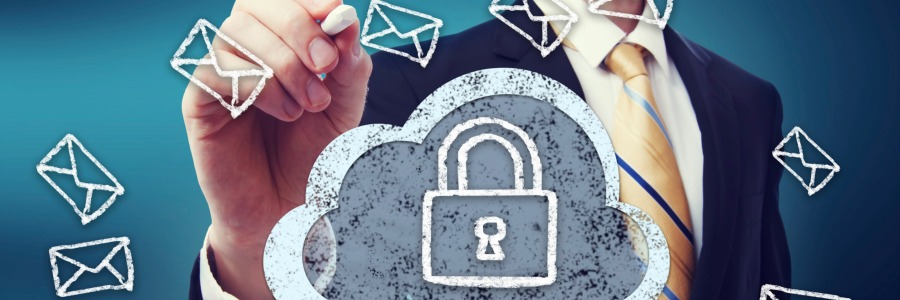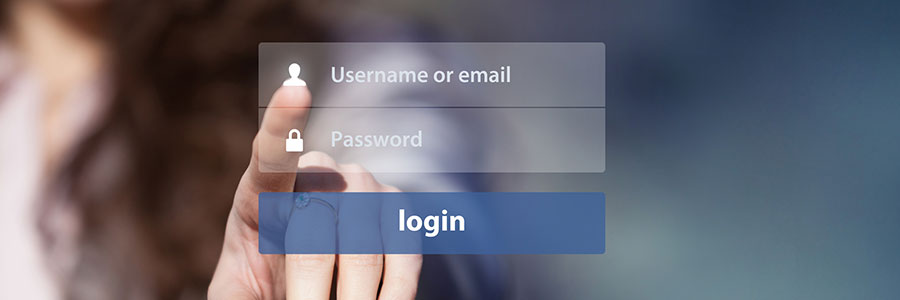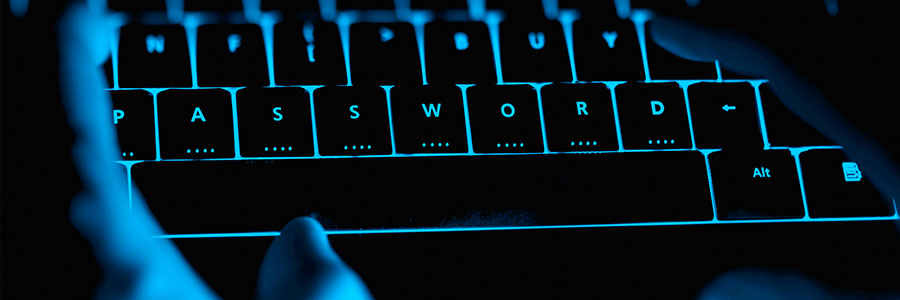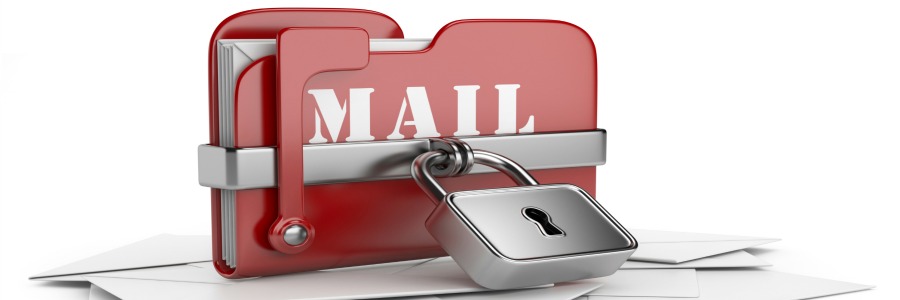Passwords are a necessary evil in today's world. We need them to protect our online identities, but they can be a pain to remember and type in. That's why it's important to ensure your passwords are up to date and compliant with the National Institute of Standards and Technology (NIST) guidelines.
How to create stronger passwords
Email account security you should follow
Work from home security best practices
How two-factor and two-step authentication can improve your security
Helpful tips for keeping your email safe
Your password may not be secure — update it now
How to strengthen your BYOD security

Many businesses are adopting bring your own device (BYOD) policies as more employees work from home. The problem is, if you’re not careful, BYOD can expose your company to major cybersecurity risks, including the following.
Loss or theft of devices – Employees often bring their personal devices wherever they go.
How to protect corporate data
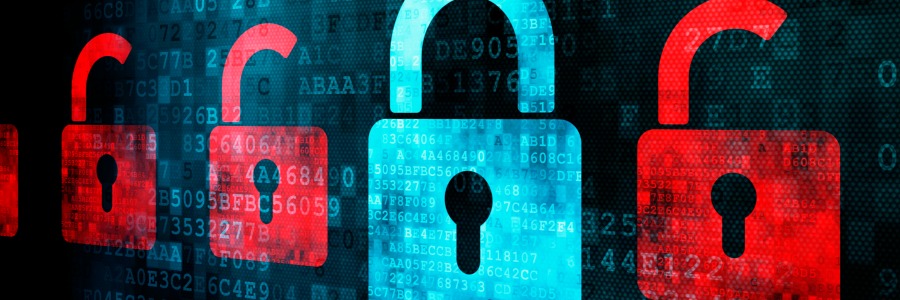
Time and again, we have seen hackers infiltrate even the most secure systems of multinational corporations. As a business owner, you can’t afford a data breach, as it could cost you your clients and reputation. This is why it's crucial to implement strict security measures that can make cybercriminals think twice about trying to break into your network.

